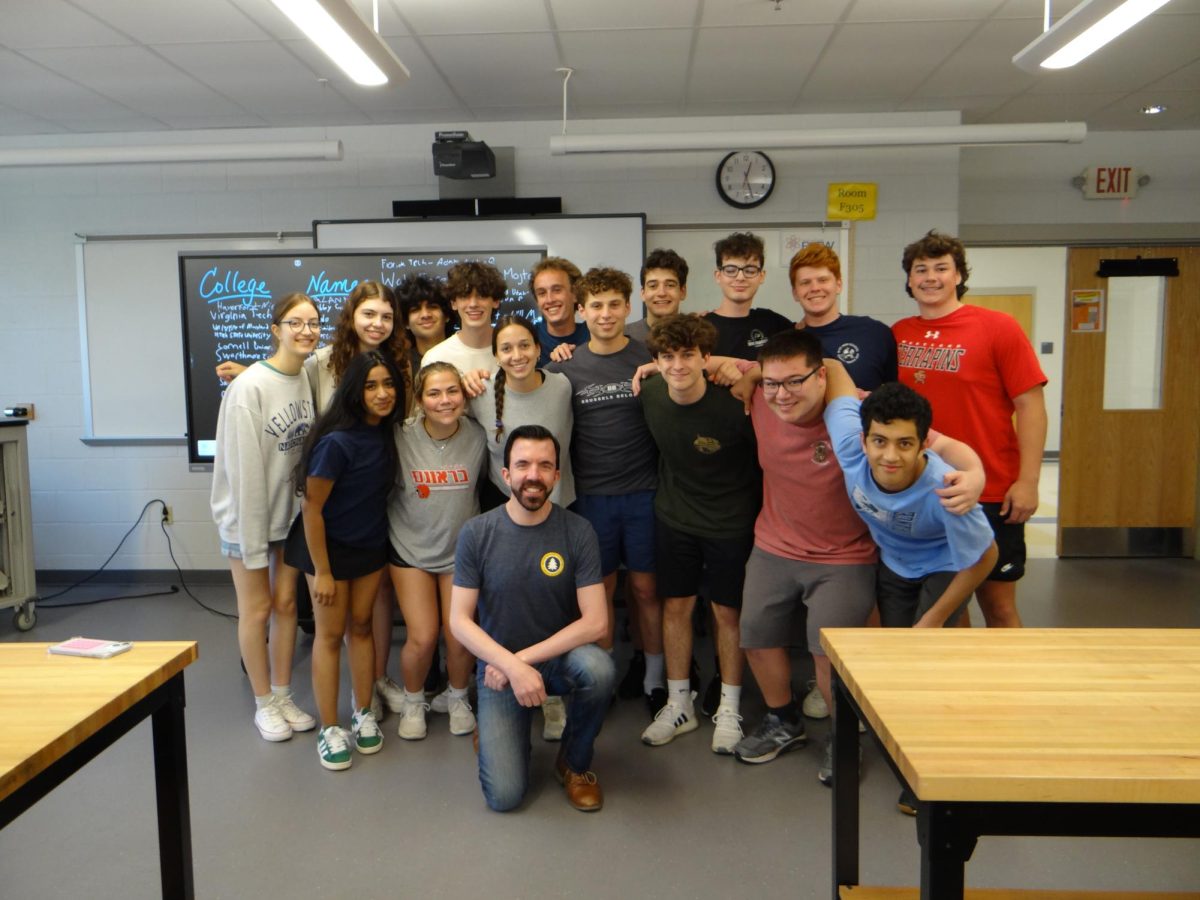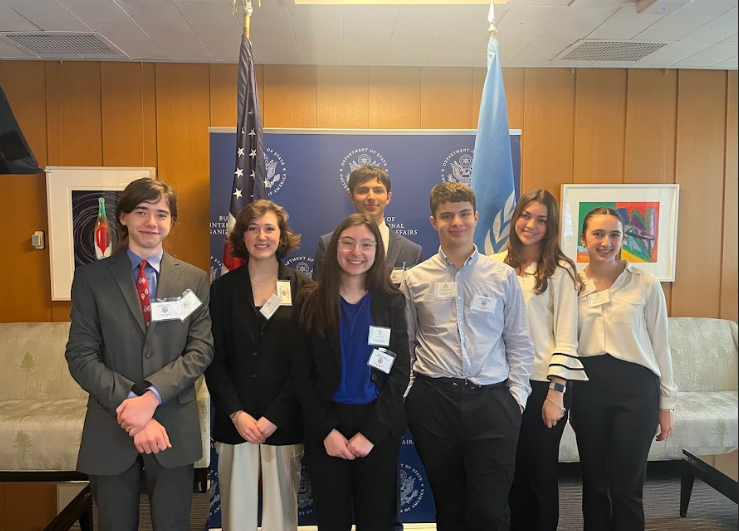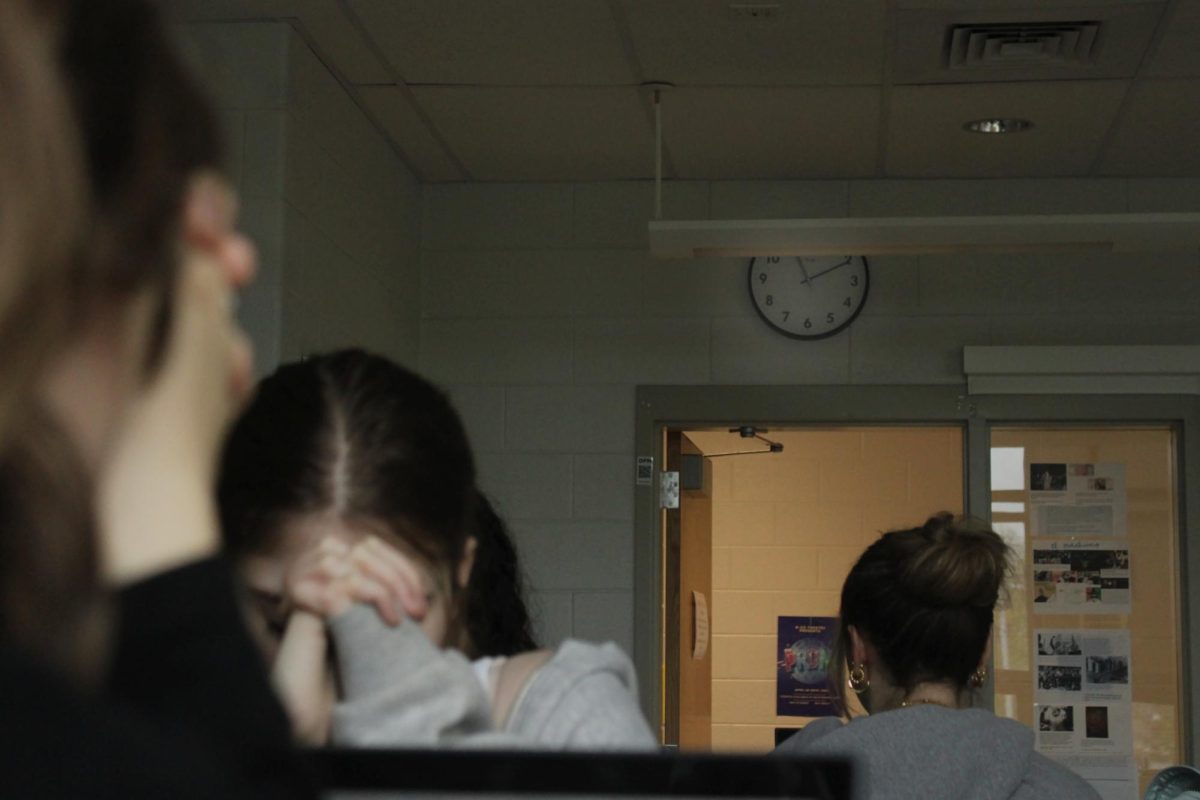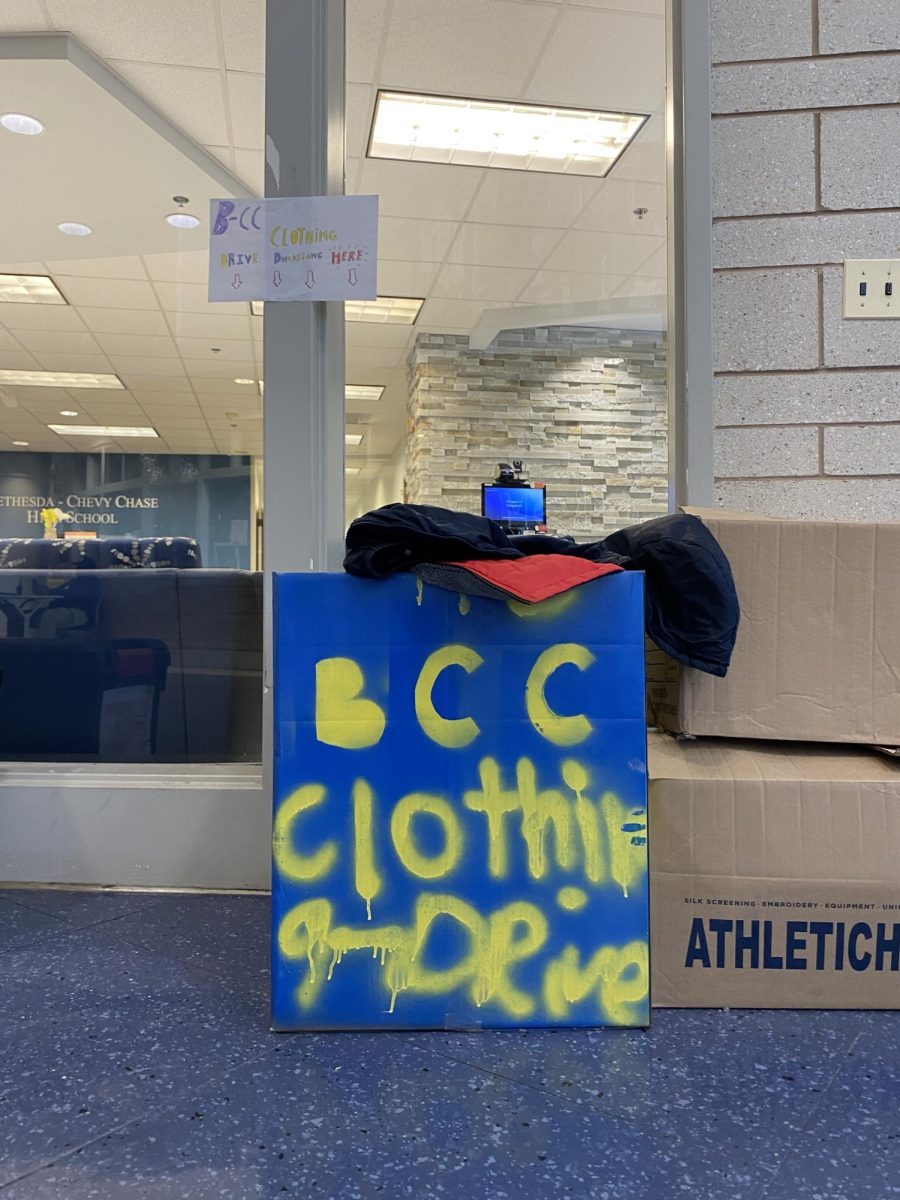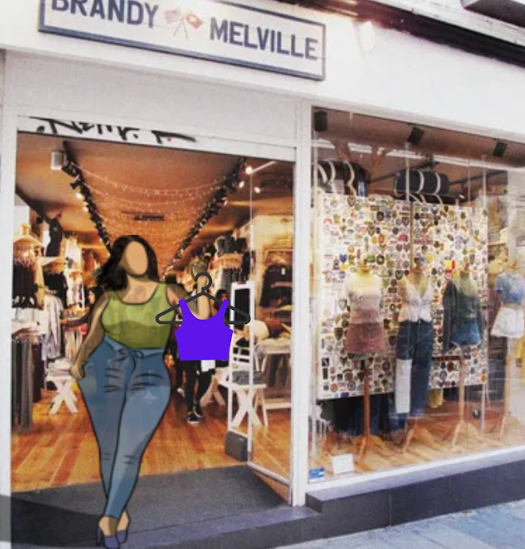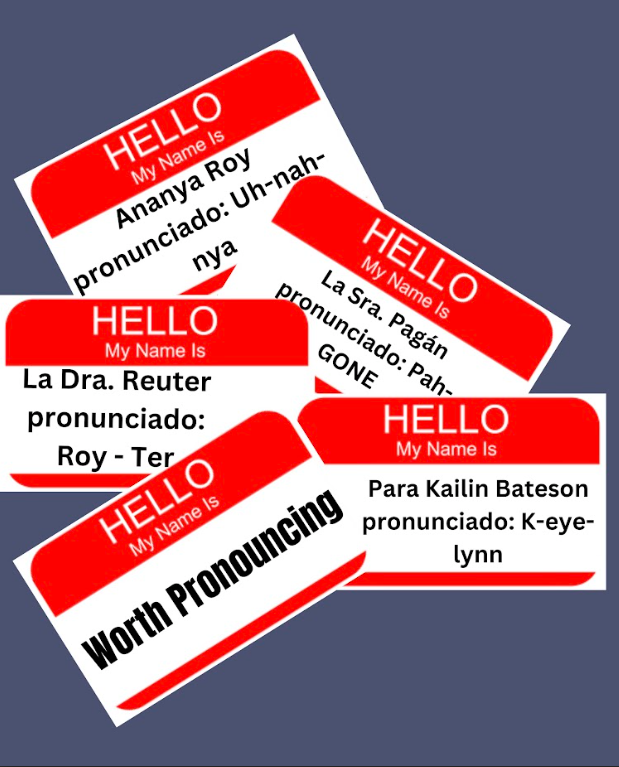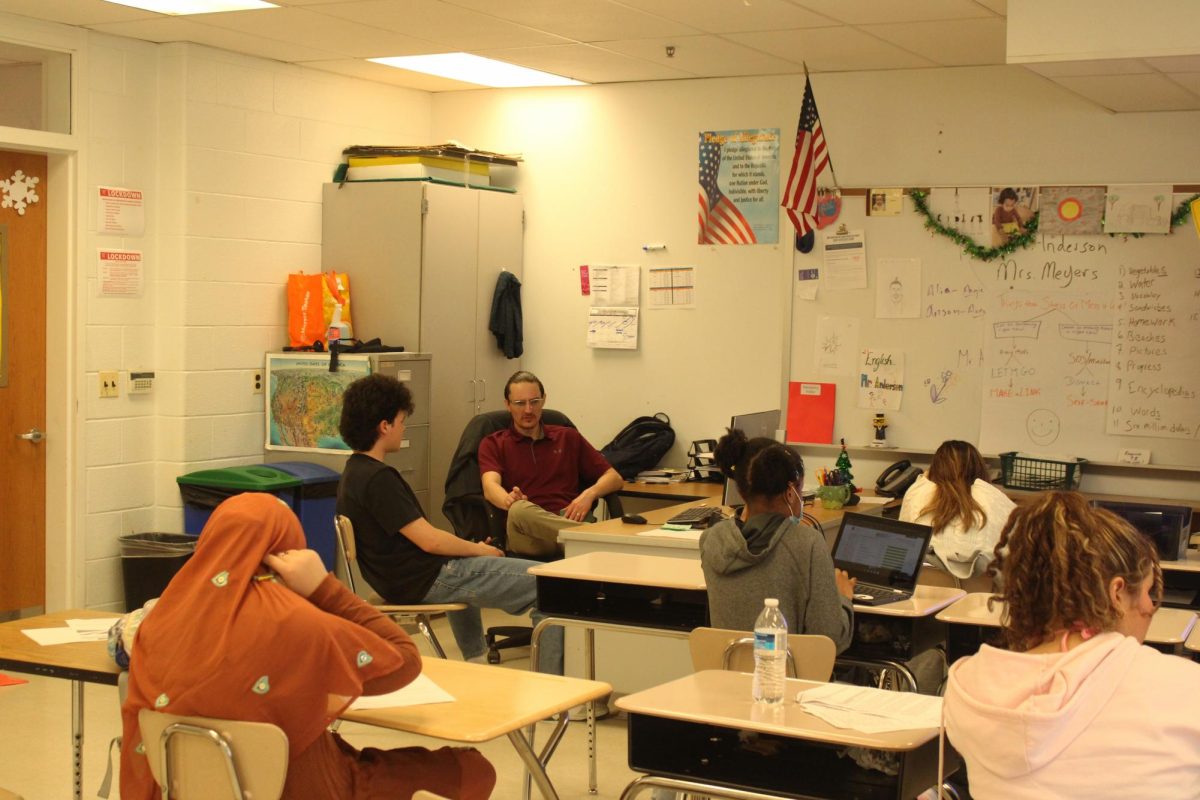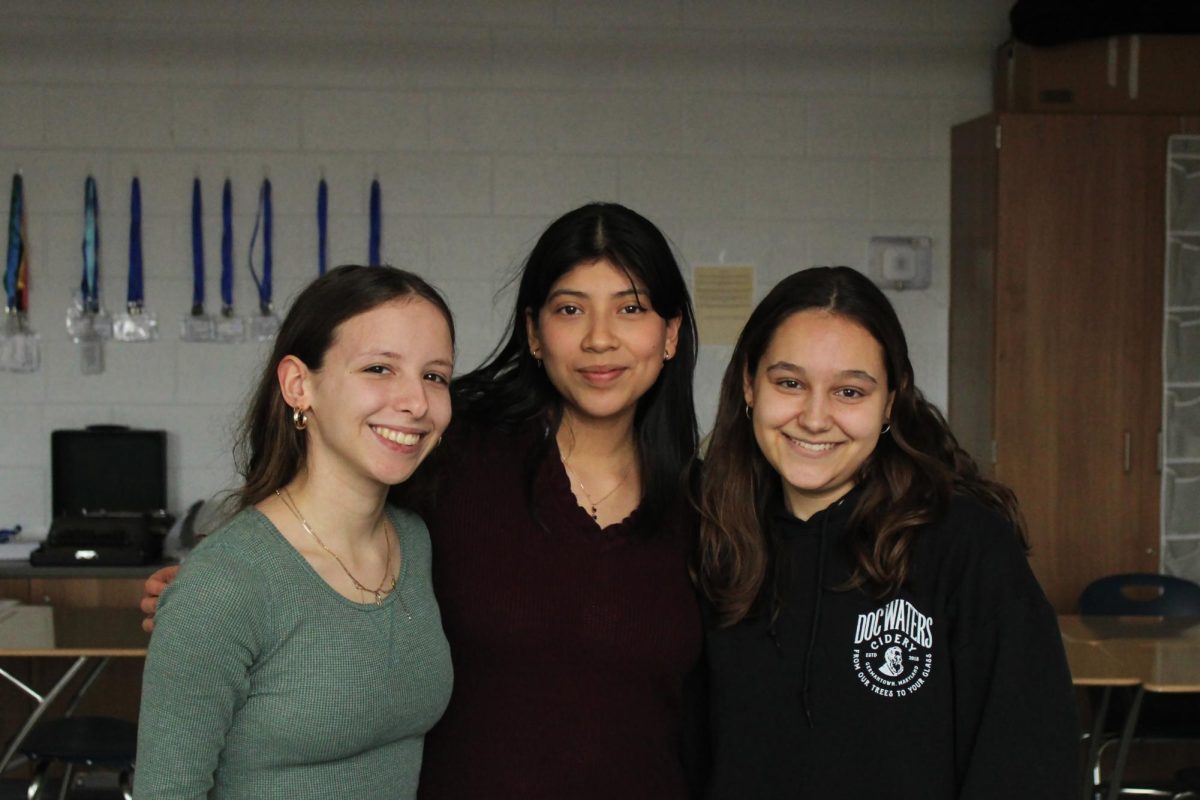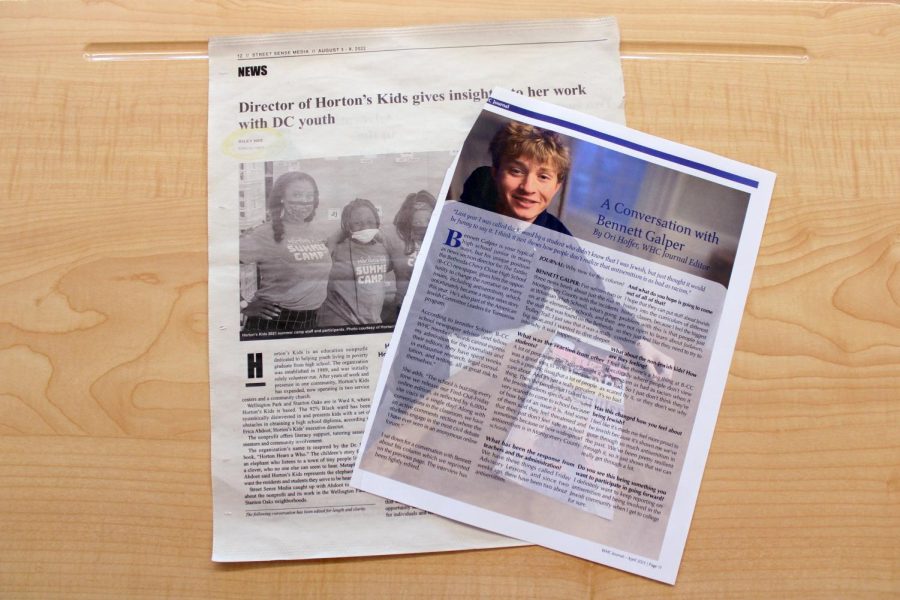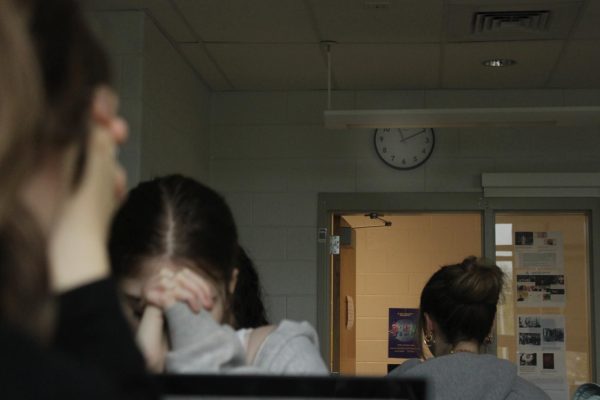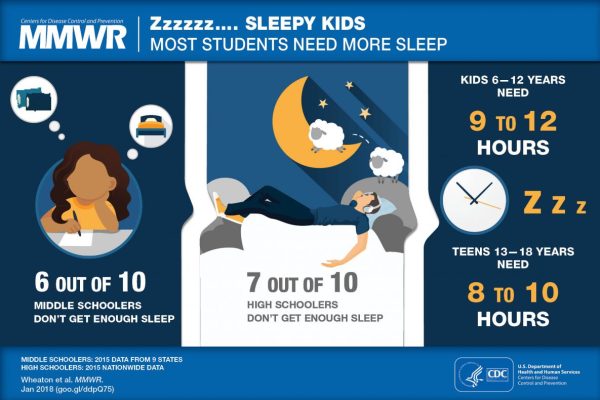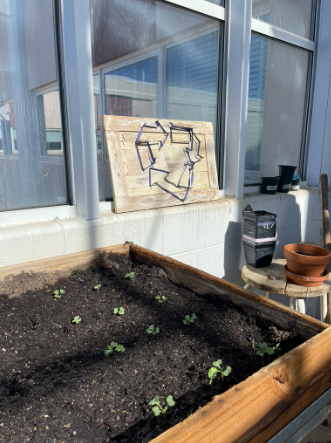The Decline of Local Journalism is the Descent of Democracy
June 9, 2023
In September 2022, The North Shore Leader, a small Long Island paper, published an article questioning the inexplicable rise in the net worth of George Santos after he filed his Personal Financial Disclosure Report. The paper found that Santos’ assets were not over $5,000 in 2020 but jumped to $11 million in 2022. They also discovered that he claimed not to have owned a US property, but has been heard saying he owns multiple mansions in Oyster Bay Cove and the Hamptons. Following their discovery, The North Shore Leader went on to endorse Santos’ candidate Robert Zimmerman, calling Santos “bizarre, unprincipled, and sketchy.”
The story was released before the election. However, no national news outlet picked it up. The information could have stopped Santos from being elected. Local journalism and its influence has been shrinking rapidly. According to a 2022 study done by Medill School For Journalism, Media & Integrated Marketing Communications, 70 million people live in counties with one or no newspapers and since 2005, the country has lost one-fourth (or 2,500) of its newspapers and is predicted to lose one third by 2025. This is approximately a 52% decline between 2004 and 2019, according to the UNC Hussman School of Journalism and Media.
The power of smaller local newspapers often goes unseen and their decline, while often unnoticed, leaves the public in a precarious position. Smaller papers connect with the communities around them in a deeper way than large papers and magazines ever could. Former CNN producer and award-winning journalist Linda Roth shared with The Tattler that “reporters are there — ‘embedded’ in the community to bear witness to human rights issues. And since they are also neighbors, friends, and colleagues— may be able to understand the situations better, gain the trust of sources and tell the stories an ‘outsider’ would never be able to tell as well.” They know their communities and the people in them enough to take the time and do the research to create in-depth stories.
We have seen this in our own school community. The Tattler has been recognized by regional and national news outlets, such as Moco 360 and The Washington Post, for their stories on problems facing the school and its community. Stories that started in a high school newspaper grew into larger conversations, shining a light on issues we all share.
The Tattler has been recognized by regional and national news outlets, such as Moco 360 and The Washington Post, for their stories on problems facing the school and its community.
Local papers not only tell stories of their communities, but they also are a source of news for their communities. In the political climate now, fake news is spreading like a disease, and polarization in the news is growing significantly. Bethesda Magazine reporter Em Espey shared with The Tattler, “It feels like these days truth is becoming more of a gray area and it’s harder for people to agree on even what used to be basic facts and it’s harder to have that sense of trust and connection in reporters.” People are also starting to turn to social media for their news, a dangerous breeding ground for the rapid spread of misinformation.
It feels like these days truth is becoming more of a gray area and it’s harder for people to agree on even what used to be basic facts and it’s harder to have that sense of trust and connection in reporters.
— Moco360
Though not as resource-rich as some of the larger papers or news sources, local papers have the time and relationships with their community that keep news grounded. Given their more focused areas, they’re able to provide more in-depth coverage of their communities. Bigger news outlets, though they might not realize it, rely on smaller stories for important perspectives. News is more important now than ever and keeping it local will ensure society stays afloat.
To quote The Washington Post, democracy dies in darkness. Or, more locally, where the truth leads, integrity follows.

